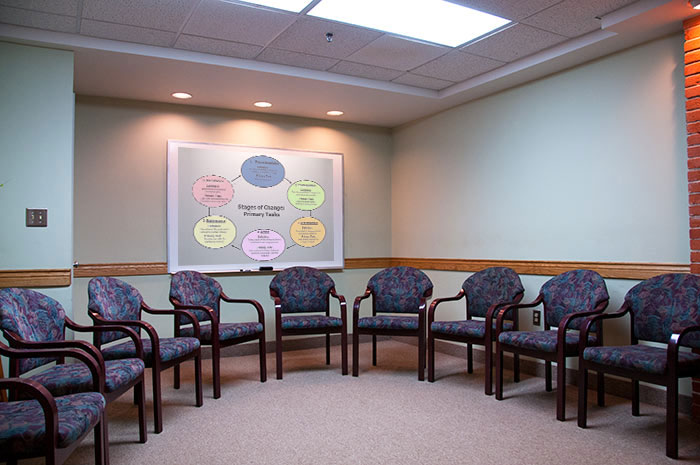Intensive Outpatient Program (IOP)

Bucks County Counseling is a State Licensed IOP treatment facility. Intimate small groups led by professional staff create a warm and nurturing environment, and our individualized programs address the unique mental, spiritual, emotional and social needs of each client.
The typical course of treatment at the IOP level consists of Group Therapy 2-3 hours a day, three days a week for a minimum of six weeks. Treatment consists of a comprehensive curriculum founded on the latest research, focusing on a balanced recovery and integration into a recovery community.
The IOP level of care can follow a Detoxification or Inpatient stay, or can be recommended from the outset, depending on the severity of the addiction and the patient's life circumstances. Standing on it's own, the outpatient level of care has several clinical and consumer advantages. For instance, the cost of Outpatient treatment is often less than half the cost of inpatient treatment. As a result, Outpatient treatment is often measured in months rather than days or weeks, and research has shown that the length of time in treatment is directly related to success in recovery. This allows patients more time to learn new behaviors, participate in mutual-help groups and other community supports, and practice relapse prevention strategies. In an IOP program, clients can continue to function in already-established roles with minimal disruption to work and family life. In fact, work and family life are better stabilized through the support and structure offered by IOP.
The intensity of IOP level of care promotes close bonding among patients. Access to the world outside of the program increases opportunities to practice learned behaviors and new responses such as drug refusal skills, open communication, and stress reduction techniques. Patients who participate in treatment within a therapeutic setting while returning daily to their home environment can practice relapse prevention techniques in the setting in which they live. These patients can also be assessed more accurately with regard to their problems and progress. There is a greater opportunity for treatment providers to strengthen patients' psychosocial supports and to intensively intervene within their family systems.
